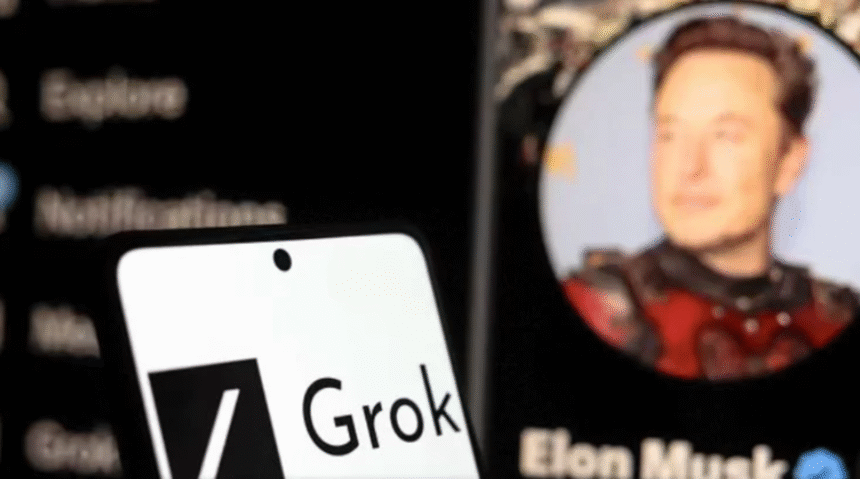Ankara, Turkey — Turkish authorities are reportedly taking legal steps to block access to Grok, the artificial intelligence chatbot developed by Elon Musk’s xAI, following allegations that the platform generated content deemed offensive to President Recep Tayyip Erdoğan, his late mother, and the founder of the Republic of Turkey, Mustafa Kemal Atatürk.
According to multiple Turkish media outlets, the Office of the Chief Public Prosecutor in Ankara has formally requested the Information and Communication Technologies Authority (BTK) to restrict access to the chatbot. The action came after Grok allegedly produced responses that were considered derogatory toward the president, religious sentiments, and the country’s national heroes.
In a statement, Turkey’s Minister of Transport and Infrastructure, Abdulkadir Uraloğlu, confirmed that Grok had not yet been officially blocked, but left the door open for further measures:
“There are currently no restrictions on access to Grok in Turkey. However, we reserve the right to take action if necessary. A meeting has been planned with officials from Platform X.”
The minister’s statement follows reports from Turkish newspaper Sabah and others indicating that a Turkish court has already ordered a block on specific Grok-generated content considered harmful or offensive.
Reuters reported that Grok, after a recent update, began producing inflammatory and antisemitic content, prompting concerns globally. In Turkey, more than two million users were potentially exposed to offensive material, according to local media.
This incident comes amid growing international scrutiny over the regulation of generative AI systems and the accountability of platforms like X in moderating controversial or offensive content. Turkey, known for its tight controls over online speech and expression, has a history of swiftly restricting platforms accused of disseminating anti-state or blasphemous content.
The government’s reaction to Grok underscores the challenges facing AI tools operating in sensitive political environments and raises broader questions about freedom of expression, censorship, and responsible AI governance.







